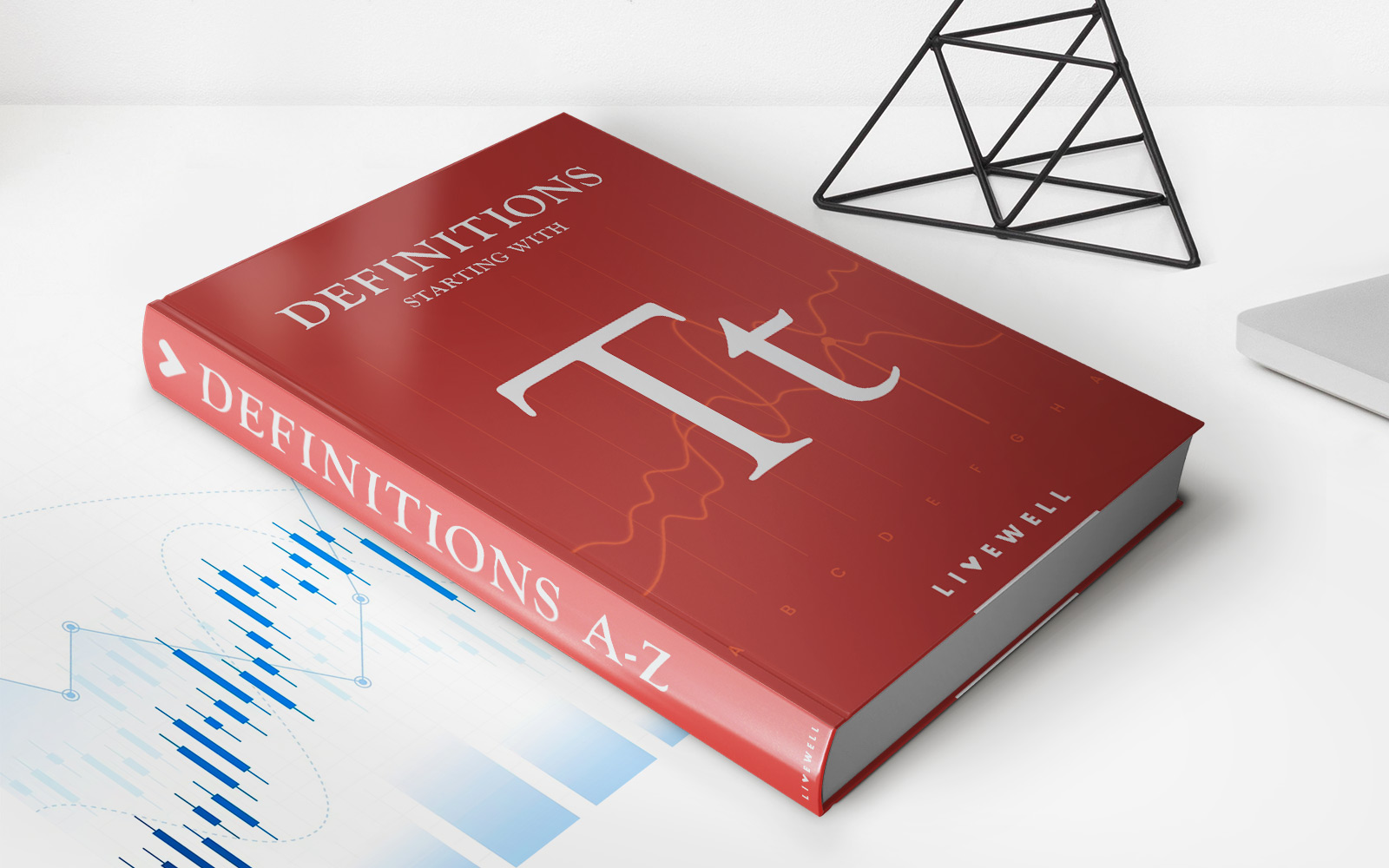

Finance
Tax Indexing Definition
Published: February 6, 2024
Learn the definition of tax indexing in finance to understand how it impacts your financial planning and helps adjust for inflation.
(Many of the links in this article redirect to a specific reviewed product. Your purchase of these products through affiliate links helps to generate commission for LiveWell, at no extra cost. Learn more)
Understanding Tax Indexing: A Comprehensive Guide
Greetings, finance enthusiasts! Today, we are diving deep into the world of tax indexing. Taxes can be a complex and intimidating subject, but fear not! In this blog post, we will break down the concept of tax indexing to help you gain a better understanding of how it affects your finances. So, let’s get started!
What is Tax Indexing?
Tax indexing, also known as inflation indexing, is a method used by governments to adjust tax brackets, deductions, and credits to account for inflationary changes in the economy over time. This ensures that taxpayers are not pushed into higher tax brackets due to inflation, which can help to maintain a fairer and more consistent tax system.
Tax indexing works by annually adjusting the income thresholds and deductions based on an inflation measurement, such as the Consumer Price Index (CPI). By doing so, individuals and families are protected from “bracket creep,” where their income rises due to inflation, but they end up paying a higher proportion of their income in taxes.
Key Takeaways:
- Tax indexing is a method used by governments to adjust tax brackets, deductions, and credits to account for inflationary changes.
- It ensures that taxpayers are not pushed into higher tax brackets due to inflation.
Why is Tax Indexing Important?
Now that we have a basic understanding of tax indexing, let’s delve into why it is important for individuals and the economy as a whole:
- 1. Protection against inflation: Tax indexing protects individuals’ income from being eroded by inflation. It ensures that as the cost of living rises, tax thresholds and deductions also rise, maintaining the purchasing power of taxpayers’ income.
- 2. Encourages economic growth: By preventing bracket creep, tax indexing provides an incentive for individuals and businesses to work harder and earn more without the fear of being pushed into higher tax brackets.
Moreover, tax indexing helps to maintain stability in tax revenue for governments. By adjusting tax brackets for inflation, governments can ensure a steady flow of revenues, rather than seeing an influx of revenue solely due to inflationary increases in taxpayers’ incomes.
In Conclusion
Tax indexing plays a crucial role in ensuring a fair and equitable tax system that adapts to the realities of inflation. By adjusting tax brackets, deductions, and credits, individuals and families can keep more of their hard-earned income while maintaining the progressivity of the tax system. Economies benefit from tax indexing as it encourages growth and provides a stable revenue stream for governments.
So, the next time you hear the term “tax indexing,” you’ll have a clearer understanding of what it means and why it is important. Stay tuned for more informative blog posts on finance and other topics!














